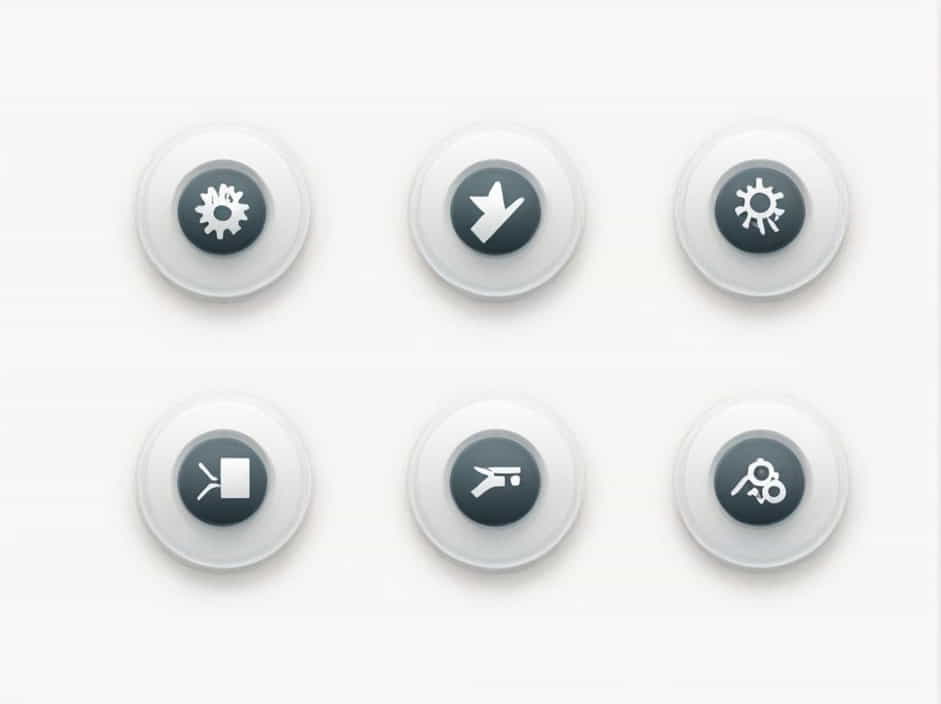The English language contains many words that can have multiple meanings depending on context. One such word is "blew." This past tense verb can describe wind movement, losing an opportunity, or even an explosion. Understanding its different meanings can improve your vocabulary and communication skills.
This topic explores the definition, different uses, synonyms, antonyms, and examples of "blew" in everyday conversation and writing.
Definition of "Blew"
"Blew" is the past tense of "blow." The verb "blow" has multiple meanings, so "blew" carries different interpretations based on the situation.
Main Meanings of "Blew"
-
To move air or cause wind – Describes the action of wind or air moving.
- The strong wind blew the leaves off the trees.
-
To create air with the mouth – Refers to the act of exhaling or forcing air out.
- She blew on her coffee to cool it down.
-
To destroy or damage something by an explosion – Used when something bursts due to pressure or force.
- The bomb blew a hole in the wall.
-
To lose an opportunity or chance – Describes when someone fails to take advantage of something.
- He blew his chance to win the game.
-
To spend money carelessly – Means wasting or using up money quickly.
- She blew all her savings on a shopping spree.
Different Uses of "Blew" in Everyday Language
1. "Blew" as Wind or Air Movement
The most common meaning of "blew" relates to the movement of air or wind. It can describe both natural and artificial airflow.
Examples:
-
The wind blew the curtains open, letting in fresh air.
-
He blew into his hands to keep them warm in the cold weather.
2. "Blew" in the Context of Explosions
The word "blew" is often used when referring to explosions, bursts, or sudden damage. It can describe physical destruction caused by pressure or force.
Examples:
-
The gas pipe blew up, causing a fire in the building.
-
The balloon blew apart when it was overinflated.
3. "Blew" as Wasting or Losing an Opportunity
In a figurative sense, "blew" is commonly used to describe a missed opportunity or a mistake. If someone "blew" their chance, it means they failed to take advantage of an opportunity.
Examples:
-
He blew the interview by arriving late.
-
She had a great shot to win the match, but she blew it.
4. "Blew" in the Context of Spending Money Recklessly
Another informal use of "blew" is when someone wastes or spends money quickly and carelessly.
Examples:
-
He blew his entire paycheck on gambling.
-
They blew their vacation budget in just two days.
Synonyms and Antonyms of "Blew"
Synonyms (Similar Words)
Depending on the context, "blew" can be replaced with different words:
-
For wind movement: Gust, wafted, swept
-
For explosions: Detonated, burst, shattered
-
For losing an opportunity: Wasted, missed, failed
-
For spending money recklessly: Squandered, wasted, drained
Antonyms (Opposite Words)
-
For wind movement: Calmed, settled, stopped
-
For explosions: Contained, secured, held
-
For losing an opportunity: Seized, won, succeeded
-
For spending money recklessly: Saved, conserved, budgeted
The Origin of "Blew"
"Blew" comes from the verb "blow," which has Old English and Germanic roots. Over centuries, "blow" has developed multiple meanings related to wind, force, and figurative expressions.
How to Use "Blew" in Different Situations
Using "blew" correctly depends on the sentence’s context. Below are different scenarios to help understand its application.
1. Describing Wind or Air Movement
-
The storm blew through the city, knocking down trees.
-
She blew out the candles on her birthday cake.
2. Talking About Explosions or Bursts
-
The fireworks blew up in the sky, creating a beautiful display.
-
A tire on the car blew out while driving on the highway.
3. Expressing Regret Over a Lost Opportunity
-
I can’t believe I blew my chance to meet the celebrity.
-
He blew the final question on his exam and failed the test.
4. Referring to Wasting Money
-
She blew her bonus on expensive designer clothes.
-
They blew all their money at the casino in one night.
Why Understanding "Blew" Is Important
Knowing how to use "blew" correctly is essential for effective communication. It is a common verb in daily conversations, books, news topics, and movies.
Mastering its different meanings can help avoid confusion and enhance both spoken and written English.
Common Mistakes When Using "Blew"
1. Confusing "Blew" with "Blue"
Many English learners mistake "blew" for "blue," the color. These words sound the same but have completely different meanings.
-
✅ The wind blew through the trees. (Correct)
-
❌ The wind blue through the trees. (Incorrect)
2. Using "Blew" Instead of "Blow"
Since "blew" is the past tense, it should not be used in present tense sentences.
-
✅ She blows out the candles. (Present tense – correct)
-
❌ She blew out the candles. (Incorrect in present tense)
Fun Facts About "Blew"
-
"Blew up" can mean both "exploded" and "became famous."
-
The video blew up on social media! (Became viral)
-
The bomb blew up in the movie scene. (Exploded)
-
-
"Blew off" can mean ignoring something.
- He blew off his homework to play video games.
-
"Blew away" can mean being impressed.
- The performance blew me away!
The word "blew" is the past tense of "blow" and has various meanings depending on context. It can describe wind movement, explosions, missed opportunities, or reckless spending.
Understanding how to use "blew" correctly will improve your communication skills and help you sound more natural in English. By practicing its different uses in daily conversation, you can master this versatile verb effortlessly.
